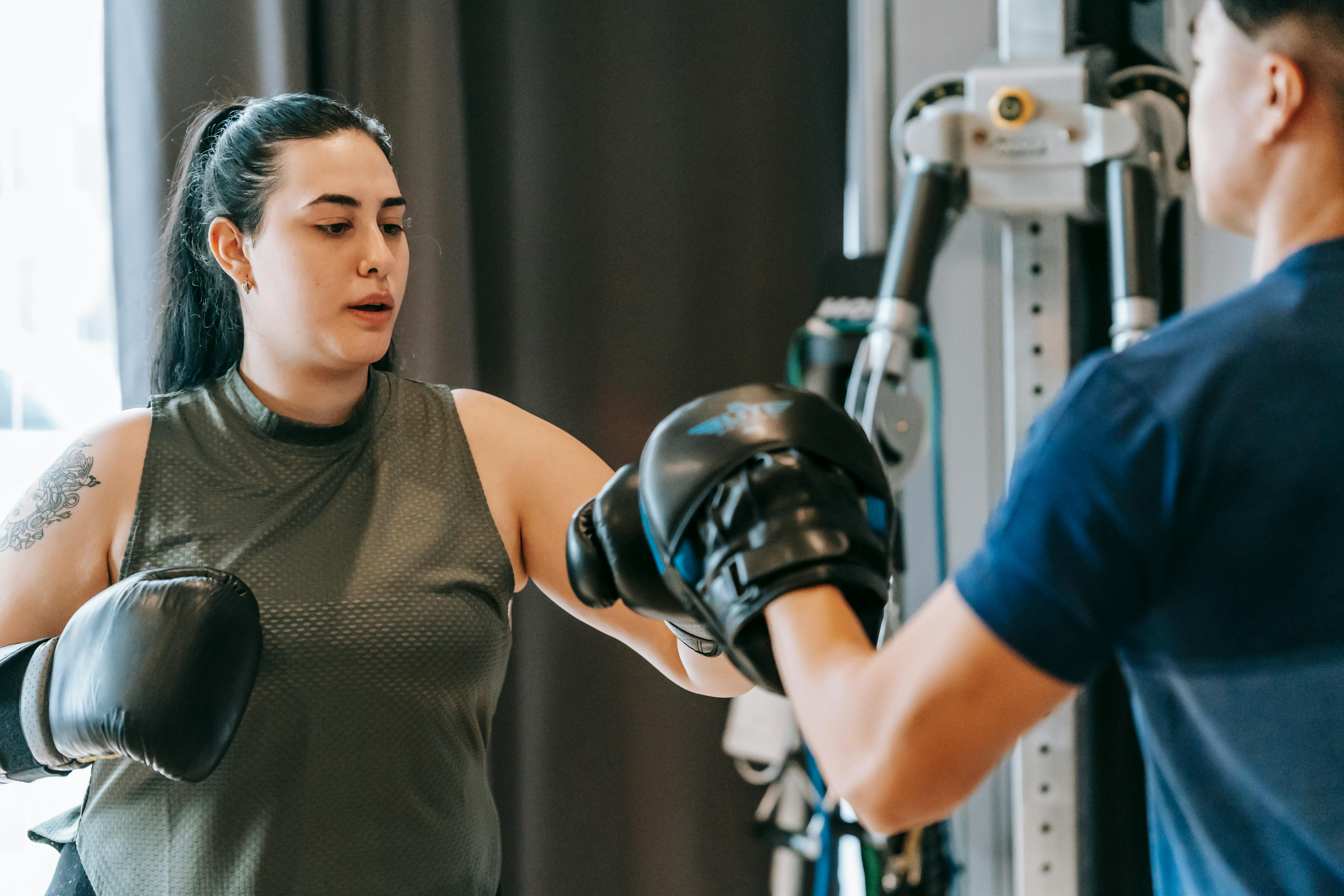
Barbell Squats – Tips and Techniques for a Better Squat
Barbell squats are probably one of the most difficult exercises to perform correctly and are often slaughtered beyond recognition by most people. The old saying “form first” couldn’t be more true when it comes to doing this exercise. However, most people put weight before form in an effort to stroke their ego and impress the onlookers. Putting your ego before form in the barbell squat will eventually catch up with you and lead to severe lower back and knee pain or even torn ligaments.
Follow the tips below to improve your barbell squats:
1.) Line up your hands using the same barbell grip you use when performing your one-rep max on the bench press (this works for most people). Going with too wide a grip can cause the bar to roll down your back, which can cause injury. Going with too close a grip can put a lot of stress on your wrists, elbows, and shoulders.
two.) Try to set the bar in the drop between your medial and rear deltoids. Depending on how much muscle mass you have, this can help keep the bar stable and in place at all times.
3.) Your chest should look flat in the mirror in front of you at all times during the squat. By flat, I mean the same way you see your chest as if you were standing in front of the mirror with good posture.
4.) Squat down until your upper thighs are parallel to the floor. It’s best to use a mirror next to you to measure this because the mirror in front of you can make it look like you’re much deeper into the squat than you actually are.
5.) Your stance should be at shoulder height or slightly closer. This will help you isolate the quads and take some weight off the erectors at the end of the rep.
6.) Barbell squats are one of the few exercises where you have to hold your breath at the bottom of the repetition. Begin by taking a deep breath before slowly lowering yourself down to the end of the repetition. By the time you’re at the bottom of the rep, your lungs should be at their maximum, holding as much air as possible. Continue holding your breath all the way until you’re about five inches from the top of the rep, then exhale and repeat. This will help fill the cavities in your torso, which will ultimately help stabilize your spine and prevent lower-rep back injury.
7.) Make sure you have a lot of flexibility in your calves or you won’t be able to perform a barbell squat correctly. Not having enough flexibility in your calves will cause you to lean forward on your toes at the bottom of the rep, eventually causing a back injury. Take time to stretch your calves every day to gain more flexibility.
8.) Always push with your heels. This will help you isolate the quadriceps and take much of the weight off the arch of your foot. Putting this type of weight toward the front of your feet can cause sunken arches. Try to wear a shoe that offers some support for the arch of your feet when doing any type of heavy leg exercise.
9.) Wear a belt when performing heavy barbell squats. This will keep your abs tight throughout the set, helping to stabilize your spine. Make sure your belt is snug and worn low on your waist.
10.) Wrap your knees in your heaviest games. This can prevent you from squatting too low and injuring or tearing a quad muscle. It’s important not to use knee wraps like springs using momentum to bounce up and down at the bottom of the rep.
If you implement these ten tips, chances are you’ll need to lighten the load on your next squat day. It can also take quite a while to regain the weight you used in the past without using these tips. Just make sure you stick to the techniques and eventually you’ll be squatting more than you ever dreamed and have the legs to show for it. Just remember that bodybuilding is not about weight, it is about form and building a well balanced and muscular physique. Patience, hard work, consistency, and perseverance will ultimately prevail in the sport of bodybuilding.